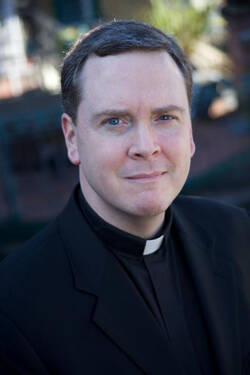From 1951 to 1969 the State of Florida was represented in the U.S. Senate by George A. Smathers, a Miami attorney and future used car salesman who is best remembered for his close friendships with two U.S. presidents: John F. Kennedy, with whom he would occasionally raise hell; and Richard Nixon, to whom he sold his Key Biscayne home—what would become Nixon’s Southern White House.
My favorite story about the otherwise nondescript Mr. Smathers is largely apocryphal. But the fact that no one ever substantiated the story didn’t stop Time from publishing it, nor has it stopped thousands of political junkies from retelling it. It involves the so-called Redneck Speech, which Mr. Smathers was said to have delivered to uneducated audiences during the 1950 election:
“Are you aware that Claude Pepper is known all over Washington as a shameless extrovert,” Mr. Smathers supposedly said. “Not only that, but this man is reliably reported to practice nepotism with his sister-in-law; he has a brother who is a known homo sapiens, and he has a sister who was once a thespian in wicked New York. Worst of all, it is an established fact that Mr. Pepper, before his marriage, habitually practiced celibacy.”
Clever, huh? Perhaps too clever to be true. I thought of the story, though, when I learned that Senator Ted Cruz had accused Donald Trump of having “New York values.” To be honest, I live and work in New York and I don’t know what that means. But I can tell you that I have never heard a New Yorker talk in a seriously derisive manner about “Peoria values.”
Whatever it means, however, there is a definite “us” and “them” at work here: Peoria and Midland are the “real” America; New York and San Francisco are not. Perhaps this is what is meant when presidential aspirants say that “we” are going to “take our country back.” Perhaps they are suggesting that Peoria should reclaim from New York what is rightly theirs? Maybe that’s not what is meant, but then just who is the “our” in “we are going to take our country back?” And from whom are they (and or we) taking it back?
Such is the logic of demagogues, which would be as laughable as Smather’s Redneck Speech if it weren’t for the fact that in the current political climate, this kind of politicking is akin to smoking near a tinderbox. The electorate is anxious and afraid; their thirst for some sense of control is so great that they’ll drink the sand just because some would-be Moses tells them it’s water. This shows in one of the more disturbing trends in recent polling: the growing authoritarian sensibilities of voters.
Matthew MacWilliams of the University of Massachusetts found that “education, income, gender, age, ideology and religiosity had no significant bearing on a Republican voter’s preferred candidate. Only two of the variables…were statistically significant: authoritarianism, followed by fear of terrorism, though the former was far more significant than the latter.”
I note for the record that the G.O.P. does not have a monopoly on tactical demagoguery. As David Brooks recently remarked on the PBS NewsHour, “the big question” in both parties is “how deep is the disgust in the country. It’s the tectonic question. There is a level of anger which is not only there, but building. And that could sweep away all the establishment candidates.”
As scary as it seems, Mr. Brooks is right. Then again, he’s one of the smartest homo sapiens I know.








